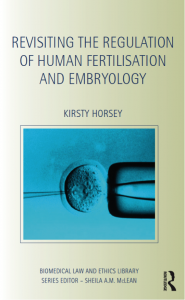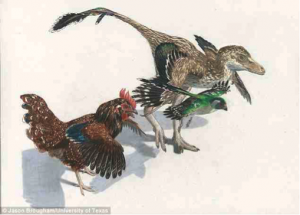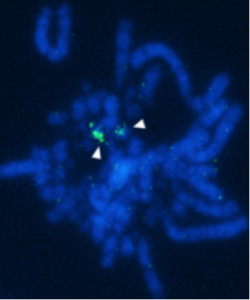Drawing on the growing links with the University of Ghent, CISoR held a multidisciplinary symposium with staff, students and visitors in attendance. We were proud to welcome our distinguished guests Dr Veerle Provost and Professor Guido Pennings from the Bioethics Institute Ghent (BIG).
On Tuesday 24th February CISoR, KCLGS and CeCIL co-hosted a showing, then open discussion, of the film “VESSEL.” VESSEL is the story of a young doctor who had an unlikely idea. Rebecca Gomperts, horrified by the realities created by anti-abortion law around the world, felt compelled to challenge this. Her method was to provide abortions on a ship in offshore waters. The audience witnessed the creation of an underground network of emboldened, informed activists, working at the cutting edge of global reproductive rights, who trust women to handle abortion themselves. Rebecca’s story is one of a woman who heard and answered a calling, and transformed a wildly improbable idea into a global movement. The audience, inspired by the film, held a lively debate about its implications afterwards.
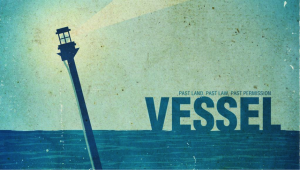
On Wednesday 25th February, led by Dr Pamela White (KLS), a series of academics spoke about their work and prospects for future collaborative projects. Dr Ellie Lee (SSPSSR) started proceedings with her paper ‘After the “need for…a father”: “The welfare of the child” and “supportive parenting” in UK assisted conception clinics’. The first of our honoured guests Professor Guido Pennings spoke about ‘The welfare of the child after social freezing of oocytes’ and Deputy Director of CISoR Professor Sally Sheldon gave a presentation on ‘The regulatory cliff edge between contraception and abortion: The legal and moral significance of implantation.’
Following a break, the second of our guests Dr Veerle Provoost asked the audience to consider ‘What constitutes parenthood according to (aspiring) parents, knowing that one partner will not be/is not genetically related to their child?’ Professor Robbie Sutton (Psychology) spoke of ‘The precious vessel hypothesis: ubiquity and implications of “benevolent sexism” for interventions on conception, pregnancy and childbirth’ while Dr Pamela White (KLS) told us of ‘Hidden data/hidden activities: What Canada’s ART Registry (CARTR) reveals about gestational carriers’. The day concluded with CISoR director Professor Darren Griffin (Biosciences) sharing his insights into ‘25 years of Preimplantation Genetic Diagnosis’, an area of medicine in which he has been involved since its inception. The throng enjoyed a drinks reception in Keynes College and a meal at Deeson’s.
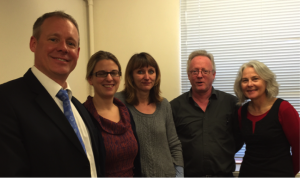
From left to right members of CISoR (Kent) and the Bioethics Institute (Ghent). Professor Darren Griffin (Kent), Dr Veerle Proovost (Ghent), Professor Sally Sheldon (Kent), Professor Guido Pennings (Ghent) and Dr Pamela White.
On the morning of Thursday 26th February Dr Kirsty Horsey hosted a Book Panel entitled “Revisiting the Regulation of Human Fertilisation and Embryology” with Dr Antony Blackburn-Starza, Dr Katia Neofytou, Dr Karen Devine and Dr Pamela White. The afternoon was given over to a round table discussion of possible collaborative opportunities for KLS, BIG and CISoR. Topics of discussion included.
• Student research/research areas of interest
• Research funding opportunities, joint ventures
• Student/teaching joint collaborations
• Further Kent/Ghent collaborative visits in 2015
• Topics for further Kent/Ghent collaborative visits in 2015, such as death and dying, genetic testing/screening, donation of tissues and organs, parenting
The discussion was enriched by participation from LLM and PhD students studying Medical Law and Ethics (KLS) and MSc students in the Reproductive Medicine: Science and Ethics (Biosciences) program.
CISoR, KLS and BIG are grateful to all participants particularly Dr. Pamela White for her organizational skills, Professors Robin Mackenzie, Ellie Lee and Kirsty Horsey for chairing the sessions and post-graduate students Becky O’Connor, Katia Neofytou and Tory Hibbit for their student outreach activities and organization participation.

Round table discussion
